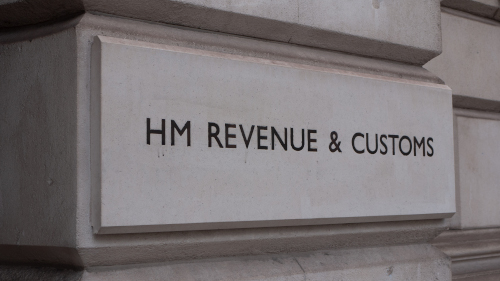Taxman to go easy on UK firms in financial difficulty to prevent mass insolvencies

The UK Government has told UK firms struggling with coronavirus-related debts that it will not pursue them for unpaid taxes in an attempt to avoid an increase in insolvencies this summer.
Restructuring experts have said that many company companies will feel the full weight of the COVID-19 pandemic on their finances from next month when the emergency business support measures begin to be wound down.
Business organisations have highlighted concerns with MPs that this would be made worse if HMRC adopts an aggressive approach to collecting overdue taxes that are needed to help alleviate strained public finances.
Last year, the tax body was granted “preferential creditor status”in insolvencies for outstanding VAT and income tax. This means it would be paid first in the event of a corporate failure. However, business leaders have called on the government to ensure this key creditor status is used to support struggling companies looking to restructure their finances to survive in the wake of the pandemic.
Business secretary Kwasi Kwarteng wrote to business groups this week reassuring them that HMRC would take “a cautious approach to enforcement of debt owed to government that will have accrued” during the pandemic.
In the letter, seen by the Financial Times, he wrote that HMRC would soon be updating the approach to enforcement, which would seek to bring outstanding debts that companies were struggling to pay into managed arrangements.
In the letter to the Institute of Directors and R3, Mr Kwarteng said he recognised that the “path back to full trading will be difficult for many companies, particularly those with accrued debt and low cash reserves”.
The business secretary added that HMRC enforcement “during this critical period will be largely driven by a lack of engagement by companies with it, rather than just their inability to pay and that using insolvency to enforce payment will remain a last resort”.










